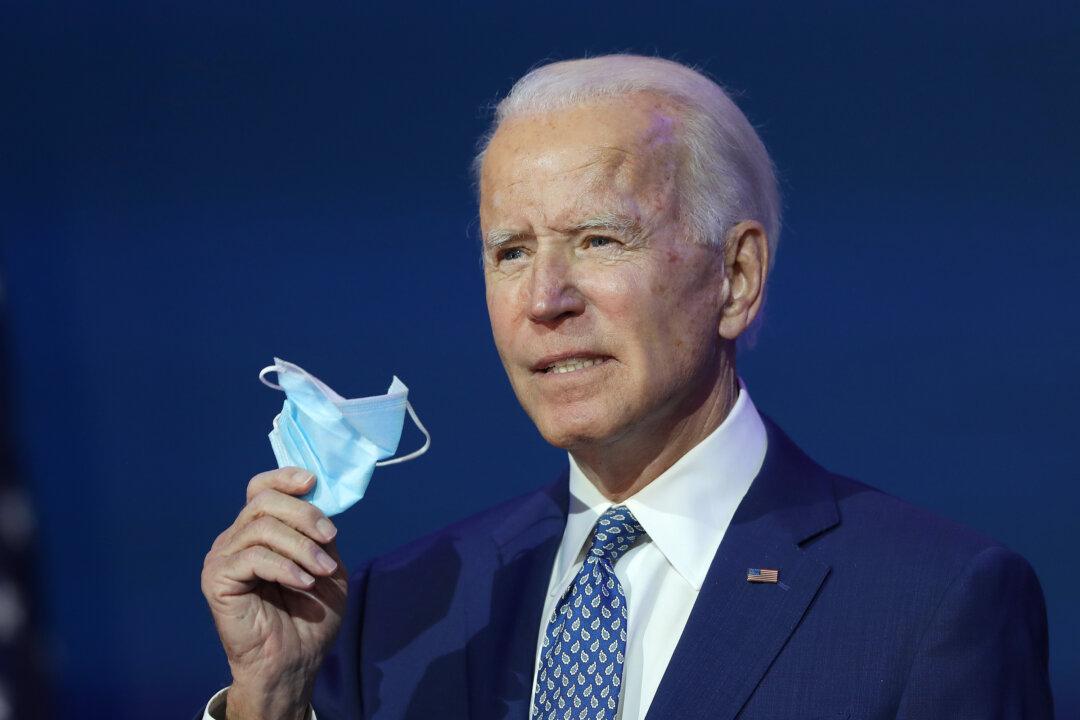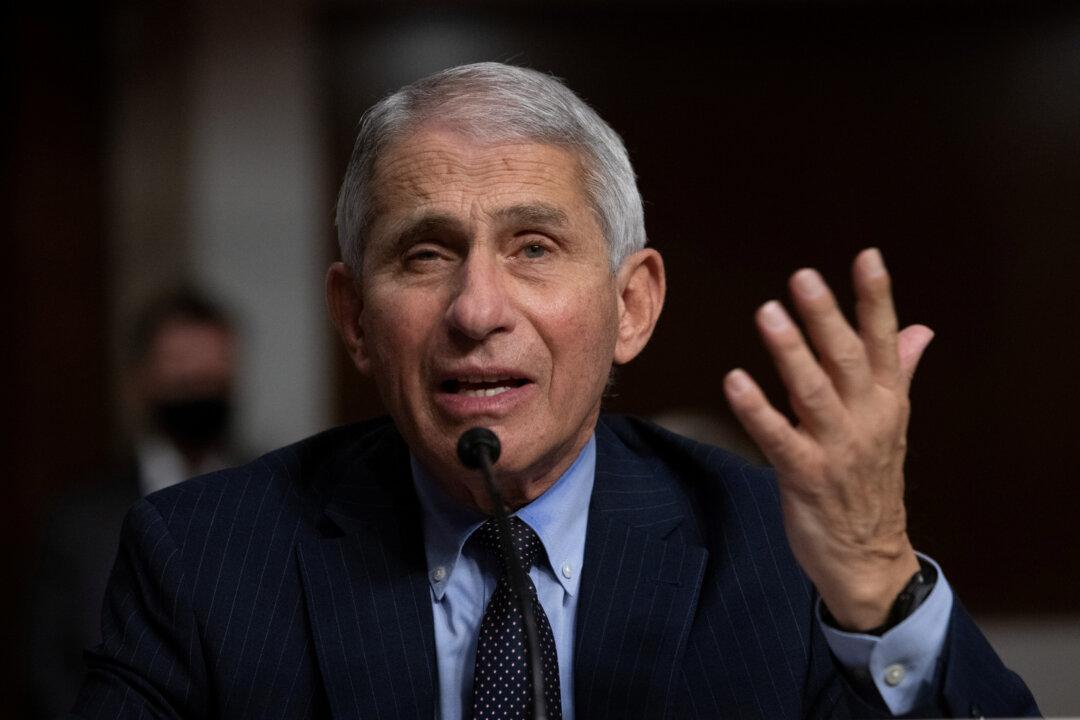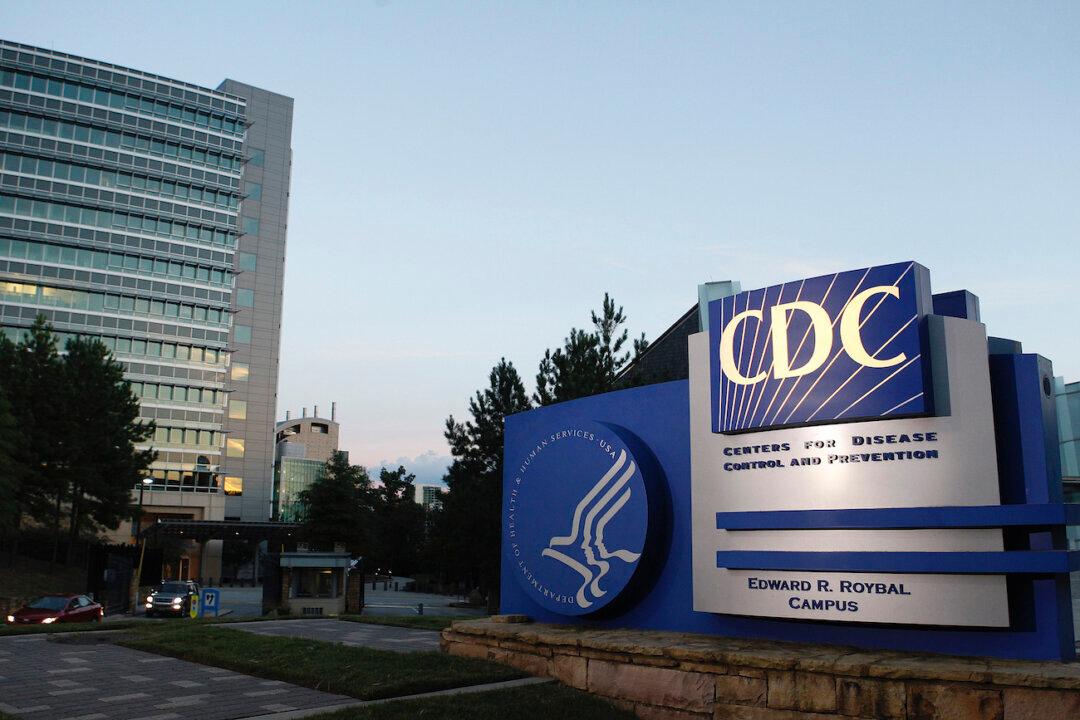A recent study showed that frequent nightmares are possibly associated with heart disease in veterans, especially young military veterans, even after an individual gains control over Post-Traumatic Stress Disorder (PTSD), according to MedPage Today.
The study was led by principal researcher Christi Ulmer, a clinical research psychologist in health services research and development in primary care at the Durham Veteran Affairs Medical Center and an assistant professor of psychiatry and behavioral sciences at Duke University Medical Center.





